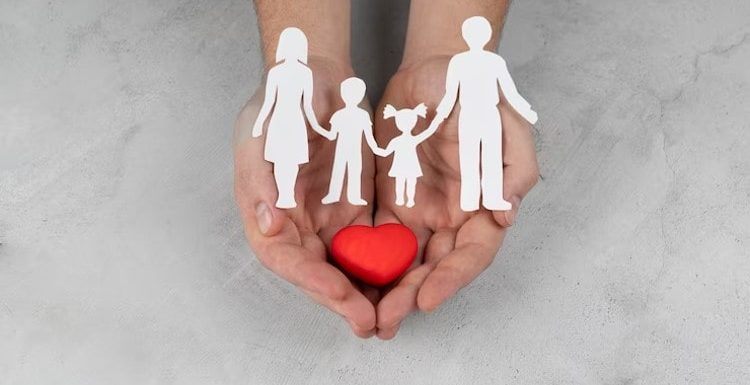
Child policy has rules, laws, and practices that control how governments, organisations, and people handle children. It is crucial to comprehend how these policies impact children’s life because they may substantially impact their well-being.
-
Knowledge of Child Policies
Child policy guarantees that kids are safe, protected, and have access to necessities like food, shelter, and social services. They were created to deal with children’s problems, like child labour, abuse, neglect, exploitation, and trafficking.
Child policy is created by governments, non-governmental organisations, and other groups to set standards for how children should be treated and safeguarded. Laws that require healthcare and education, rules against child labour and exploitation, and initiatives that aid children in need are a few examples of these policies.
-
Child Policies’ Effect on Children’s Well-Being
Child policy has a big impact on how well-off kids are. Effective child policies can support children’s social, emotional, and physical well-being. For instance, laws supporting children’s access to high-quality education can aid their skill and knowledge development, improving their future career prospects.
However, inefficient child policies might harm kids’ well-being. Children may be vulnerable and at risk if policies, for instance, do not address problems like child labour or abuse.
-
Child Policies and Their Importance
Child policy is essential for safeguarding and advancing the welfare of children. They ensure that kids have access to necessities like food, shelter, and healthcare to foster an atmosphere where kids can grow. Child policies also allow kids to grow in their abilities, knowledge, and skills, enabling them to make meaningful contributions to their communities and society.
Child policies may also provide children with long-term advantages. For instance, policies that support education can result in increased rates of literacy, better employment prospects, and better economic outcomes. Again, this may benefit kids’ lives in the long and immediate run.
-
Implementing Child Policies Faces Challenges
Although adopting child policies can be complicated, doing so is necessary for enhancing children’s well-being. However, resource shortages, a lack of political will, and cultural hurdles can all be challenges to the effective implementation of child programs.
For instance, it may be challenging to put legislation that forbids child labour into effect in some nations where cultural norms favour child labour over schooling. Similarly, limited resources may restrict access to healthcare treatments, leaving kids more susceptible to diseases that may be avoided.
Governments, non-governmental organisations, and other parties must collaborate to solve these issues. To do this, providing resources, developing capability, increasing knowledge, and altering attitudes about children’s rights may be necessary.
Conclusion
Child policies are essential in fostering and safeguarding children’s well-being. Effective child policies can build an atmosphere where kids can thrive, whereas bad policies can negatively impact kids’ lives. Therefore, it is critical to comprehend how child policies affect children and strive toward implementing efficient procedures that address the issues children are now facing.
